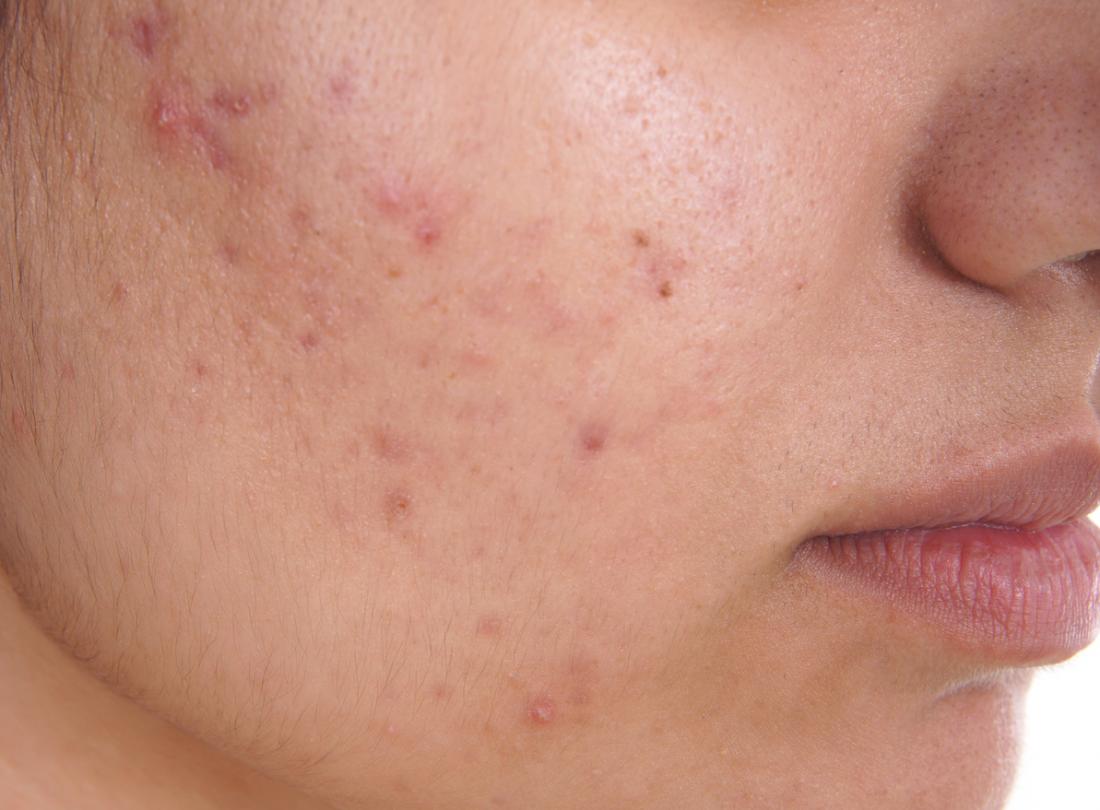Acne is a common skin condition that affects people of all ages. Whether you’re dealing with blackheads, whiteheads, or more severe forms like cysts, proper acne care is essential for maintaining healthy skin. Understanding what causes acne and how to treat it can help prevent breakouts and reduce scarring. This guide covers everything from daily acne self-care routines to professional treatments, helping you achieve clearer, healthier skin.
What Causes Acne?
Acne occurs when hair follicles become clogged with oil, dead skin cells, and bacteria. Hormonal changes, stress, diet, and genetics can all contribute to acne. The main types of acne include:
- Blackheads – Open clogged pores that turn dark due to oxidation.
- Whiteheads – Closed clogged pores with a white appearance.
- Papules – Small, inflamed red bumps.
- Pustules – Red bumps with pus at the tip.
- Nodules – Large, painful lumps beneath the skin.
- Cysts – Deep, pus-filled lesions that can cause scarring.
Understanding your acne type helps in choosing the right treatment.
Why Is Acne Care Important?
Proper acne care goes beyond just preventing breakouts. It helps:
- Reduce inflammation – Preventing severe acne reduces redness and swelling.
- Prevent scarring – Treating acne early minimizes the risk of permanent marks.
- Improve skin texture – Consistent care keeps pores clear and skin smooth.
- Boost confidence – Clear skin enhances self-esteem and overall well-being.
Ignoring acne can worsen the condition, leading to stubborn scars and prolonged skin issues.
How Can I Clear Up My Acne? (Actionable Tips)
1. Cleanse Gently But Effectively
2. Moisturize Regularly
3. Use Targeted Treatments
4. Avoid Picking or Popping Pimples
- Picking can push bacteria deeper, causing more inflammation and scarring.
5. Protect Your Skin from the Sun
- Some acne treatments increase sun sensitivity.
- Use a broad-spectrum SPF 30+ sunscreen daily.
6. Maintain a Healthy Diet
- High-glycemic foods (sugar, white bread) and dairy may trigger acne in some people.
- Eat more antioxidants (fruits, vegetables) and omega-3s (fish, nuts).
7. Manage Stress
- Stress increases cortisol, which can worsen acne.
- Practice relaxation techniques like meditation or exercise.
Common Acne Care Mistakes to Avoid
1. Overwashing the Face
- Stripping natural oils can lead to excess oil production and more breakouts.
2. Skipping Moisturizer
- Dry skin can trigger more oil production, worsening acne.
3. Using Too Many Products at Once
- Introducing multiple treatments simultaneously can irritate the skin.
4. Not Giving Treatments Enough Time
- Acne treatments take 4-8 weeks to show results. Be patient.
5. Ignoring Professional Help for Severe Acne
- Persistent cystic acne may require dermatologist-prescribed treatments like antibiotics or isotretinoin.
Professional Acne Treatments
For stubborn acne, consider:
- Chemical Peels – Remove dead skin cells and unclog pores.
- Laser Therapy – Reduces bacteria and inflammation.
- Cortisone Injections – Quickly shrink large cysts.
- Prescription Medications – Oral antibiotics or hormonal treatments (for women).
Conclusion
Acne care requires consistency and the right approach. By understanding what causes acne and following a proper skincare routine, you can manage breakouts effectively. Whether you opt for home remedies or professional treatments, patience is key. If over-the-counter products aren’t working, consult a dermatologist for personalized solutions. Start your acne care journey today for healthier, clearer skin tomorrow.





Leave a Reply